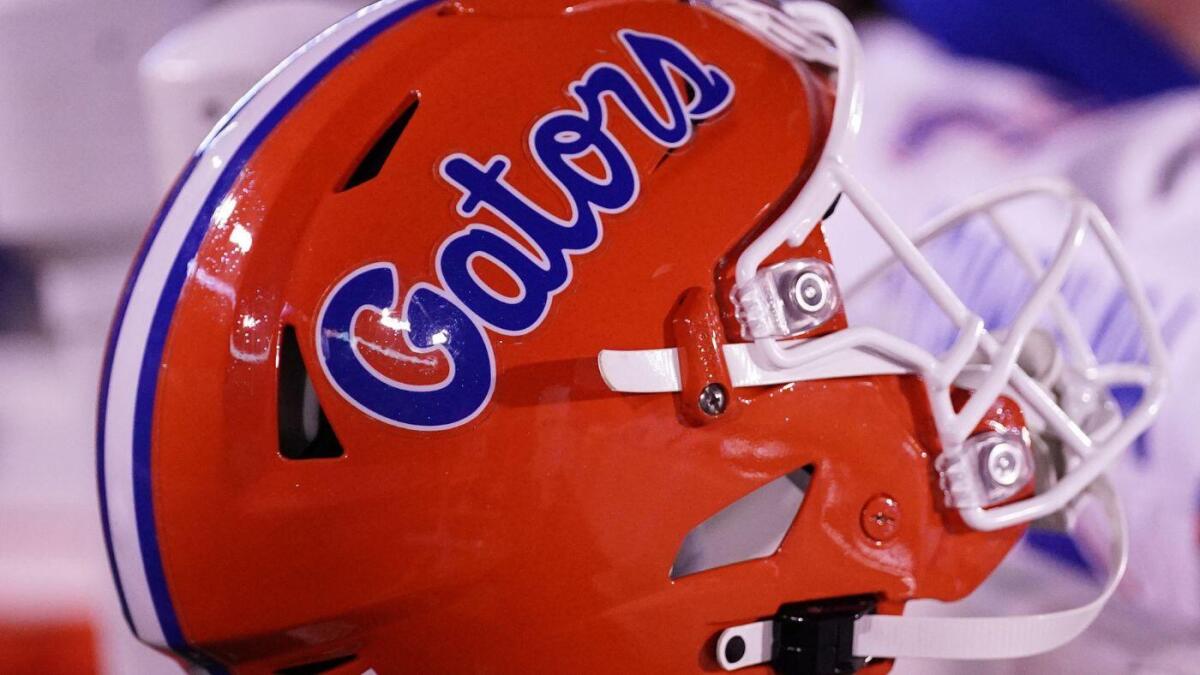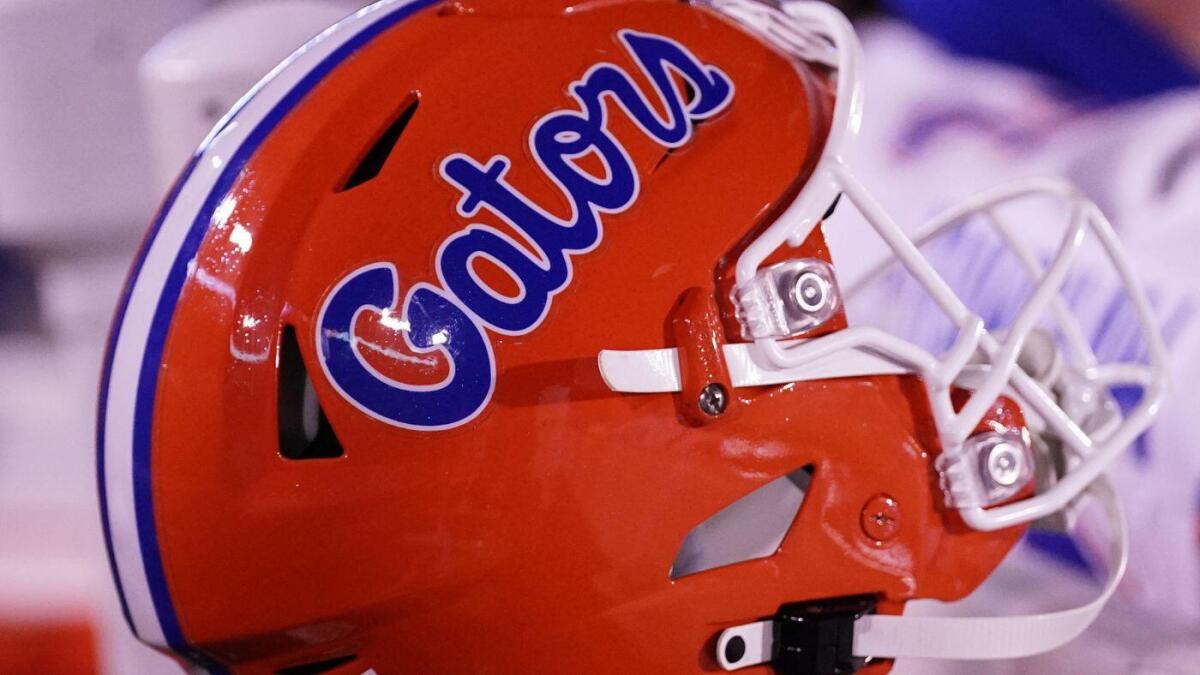The Complexities of Devon Manuel’s Arrest: A Multifaceted Analysis
Introduction: A Moment of Reflection
The arrest of Devon Manuel, a standout offensive lineman for the Florida Gators, has sparked a broader conversation about the intersection of youth, fame, and responsibility. The charges—misdemeanor DUI and felony possession of a concealed weapon—are not just legal matters but also a reflection of the pressures and pitfalls that accompany the life of a college athlete. This incident serves as a microcosm of the challenges faced by young individuals navigating the complexities of adulthood, public scrutiny, and the consequences of poor decision-making.
The Arrest: A Cascade of Poor Choices
The sequence of events leading to Manuel’s arrest is a textbook example of how a single poor decision can snowball into a series of escalating consequences. The initial traffic stop for speeding—a seemingly minor infraction—quickly spiraled out of control. The detection of marijuana odor in the vehicle triggered a more thorough investigation, leading to the discovery of a concealed firearm and a THC vape pen. Each subsequent discovery compounded the legal and reputational risks Manuel faced.
The presence of a Glock 20, a powerful semi-automatic pistol, added a layer of gravity to the situation. The weapon’s capability and the fact that it was concealed without a permit raised serious legal and ethical questions. This incident underscores the importance of understanding the laws governing firearm possession and the potential consequences of non-compliance.
The Legal Landscape: Misdemeanors and Felonies
The charges against Manuel—DUI and felony possession of a concealed weapon—represent two distinct legal challenges, each with its own set of implications. The DUI charge, while classified as a misdemeanor, carries significant weight. It is a red flag for universities and professional sports organizations, which often have strict codes of conduct for their athletes. A DUI conviction can lead to suspension, loss of scholarships, and damage to future employment prospects.
The felony charge, however, is far more severe. In Florida, possessing a concealed weapon without a permit is a second-degree felony, punishable by up to 15 years in prison. The felony charge also carries long-term consequences, including the loss of certain civil rights, such as the right to vote and own firearms. The combination of these charges paints a grim picture of the potential legal and personal ramifications Manuel may face.
The Role of the University: Balancing Discipline and Support
The University of Florida, like many institutions, faces a delicate balancing act when dealing with athlete misconduct. On one hand, there is a responsibility to uphold standards of conduct and ensure that athletes are held accountable for their actions. On the other hand, there is a recognition that young individuals make mistakes and deserve opportunities for redemption and growth.
The university’s response to Manuel’s arrest will be closely watched, not just by the public but also by other athletes and potential recruits. It is an opportunity for the university to demonstrate its commitment to both discipline and support. By providing Manuel with resources for legal counsel, counseling, and rehabilitation, the university can send a powerful message about its values and its dedication to the holistic development of its students.
The Broader Implications: A Cautionary Tale
Manuel’s arrest is more than just a personal misfortune; it is a cautionary tale for other athletes and young individuals. It highlights the importance of making responsible decisions and the potential consequences of poor choices. The incident also serves as a reminder of the unique pressures faced by college athletes, who are often thrust into the spotlight at a young age and must navigate the complexities of fame, fortune, and public scrutiny.
For other athletes, Manuel’s story is a wake-up call. It underscores the need for mentorship, education, and support systems to help young individuals make better choices and avoid the pitfalls that can derail their careers and personal lives. It is a call to action for universities, coaches, and mentors to provide guidance and support to their athletes, helping them navigate the challenges of adulthood and the pressures of public life.
The Path Forward: Redemption and Growth
The road ahead for Devon Manuel is uncertain, but it is not without hope. The legal process will take time, and the outcome will depend on a variety of factors, including the strength of the evidence, the skill of his legal counsel, and the willingness of the prosecution to negotiate. Regardless of the legal outcome, Manuel has an opportunity to turn this experience into a catalyst for personal growth and redemption.
He can take responsibility for his actions, seek help if needed, and demonstrate a commitment to making positive changes in his life. By doing so, he can regain the trust of his teammates, coaches, and the university community. He can also serve as a role model for other athletes, showing that mistakes can be overcome and that redemption is always possible.
Conclusion: A Lesson in Responsibility and Resilience
Devon Manuel’s arrest is a stark reminder of the consequences of poor decision-making and the importance of responsibility and resilience. It is a lesson not just for Manuel but for all young individuals navigating the complexities of adulthood. The incident underscores the need for support systems, mentorship, and education to help young people make better choices and avoid the pitfalls that can derail their lives.
For Manuel, the path forward is challenging, but it is not insurmountable. With the right support, guidance, and commitment to personal growth, he can overcome this setback and emerge as a stronger and more resilient individual. His story is a testament to the power of redemption and the importance of learning from one’s mistakes. It is a reminder that even in the face of adversity, there is always an opportunity for growth and a chance to make things right.












